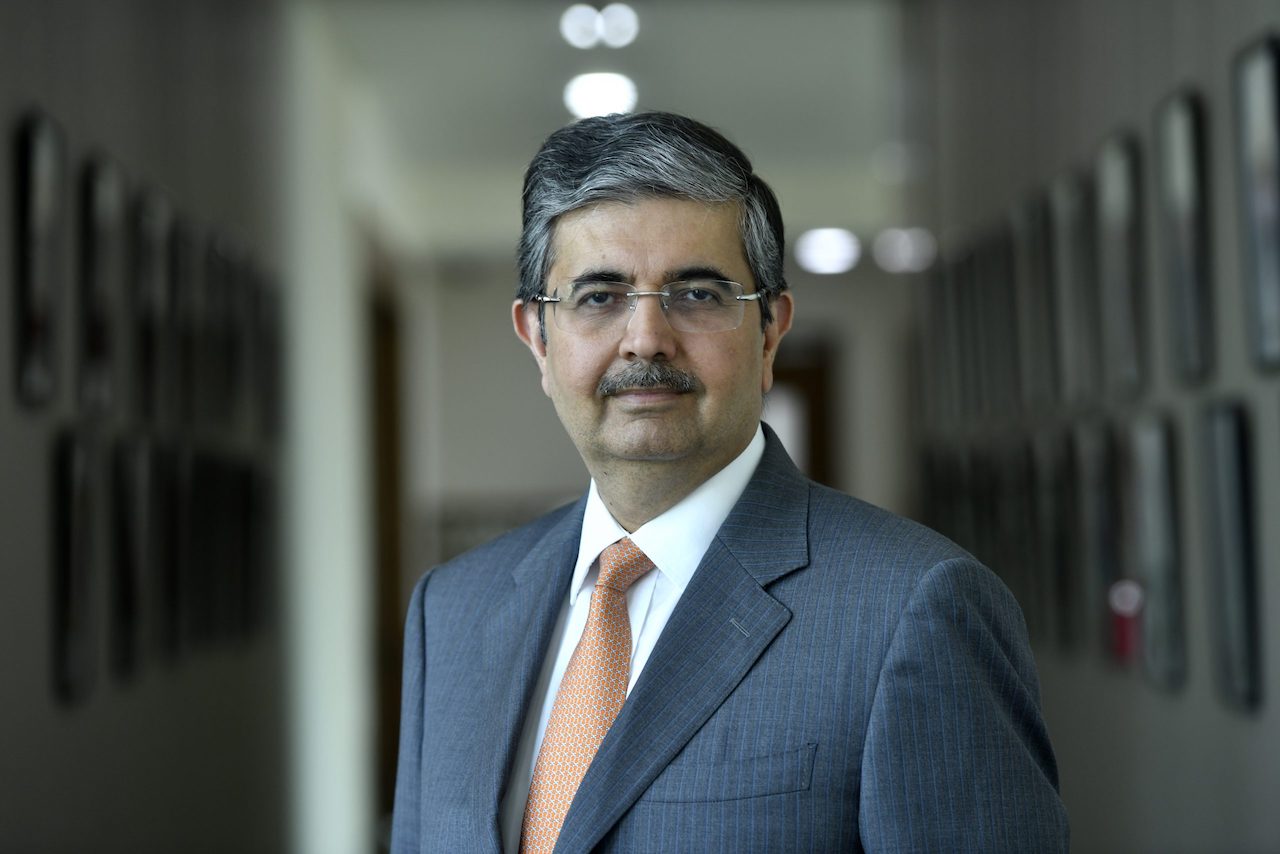In a call to action at the recent B20 Summit in New Delhi, veteran banker Uday Kotak emphasised that countries worldwide need a staggering $4.5 trillion within the next seven to 10 years to achieve crucial sustainability goals outlined by the B20 forum. The question of financing these ambitious objectives looms large, prompting discussions about innovative funding mechanisms and the role of the private sector. Uday Kotak, the chair of the B20 India Task Force on financing for global economic recovery and the executive vice chairman of Kotak Mahindra Bank Ltd., proposed potential solutions while addressing the summit’s attendees.
Private Sector’s Crucial Role in Sustainable Development
One of the central themes highlighted by Uday Kotak during the inaugural session of the B20 Summit was the significant role of the private sector in driving sustainable development. Kotak’s task force has conceptualised a groundbreaking idea: the creation of a Global Acceleration Fund. Drawing inspiration from India’s existing corporate social responsibility model, where businesses contribute around 2% of their profits towards societal betterment, the task force proposes that every business across the globe allocate 0.2% of their profits toward social development goals.
This innovative approach leverages the collective financial strength of businesses to direct resources toward critical areas such as climate change, energy transition, biodiversity preservation, and combating ocean pollution. By uniting the private sector under a common commitment, these funds could be channeled into projects that have a meaningful impact on global sustainability challenges. Uday Kotak’s proposal suggests that collective action from businesses, regardless of their scale or industry, could be a key driver in generating the necessary funding for sustainable development initiatives.
Focused Financing for Targeted Impact
Recognising the diversity and complexity of the Sustainable Development Goals (SDGs), Uday Kotak’s task force has honed in on four key areas where financing efforts could yield significant results: climate change, energy, biodiversity, and ocean pollution. By concentrating financial resources and efforts on these critical fronts, countries can maximise their impact and make meaningful strides towards achieving sustainability.
However, the task force’s considerations extended beyond international partnerships and the private sector. Kotak underscored the importance of developing the domestic financial sector. He recommended strengthening the capacity of local financial systems, including the development of clear taxonomies and regulations tailored to each country’s unique circumstances. These measures are designed not only to facilitate the mobilisation of resources but also to enable businesses and the financial sector within individual countries to align their strategies with sustainable development objectives.
Conclusion
The B20 Summit in New Delhi, culminating on August 27, has spotlighted the pressing need for massive financial commitments to attain global sustainability goals. Uday Kotak’s insights, stemming from his role as the chair of the B20 India Task Force, have shed light on innovative mechanisms to raise the required $4.5 trillion. His proposal of a Global Acceleration Fund fueled by contributions from businesses worldwide presents a novel way to channel the private sector’s influence for societal good. By emphasising focused financing in key areas and bolstering the capacity of domestic financial systems, Kotak envisions a pathway towards achieving sustainable development that involves active participation from various stakeholders.
As the summit draws to a close, the call to action remains clear: to bridge the gap between financial requirements and the realisation of ambitious sustainability goals, a concerted effort from governments, businesses, and financial sectors around the world is essential. The B20 presidency’s impending transition to Brazil further underscores the international nature of these challenges and the necessity for continued collaboration on a global scale.


